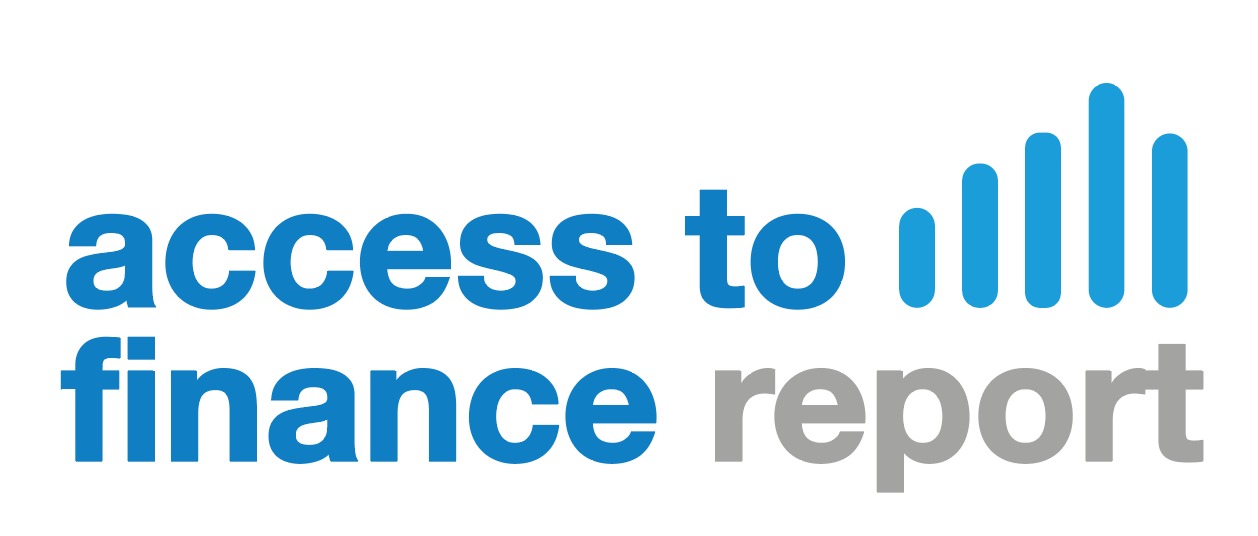[Source: https://www.entrepreneurmag.co.za/advice/women-entrepreneurs/support-women-entrepreneurs/funding-for-women-entrepreneurs-a-collective-effort/]It is well recognised that women are powerful drivers of economic growth in South Africa, and are vital to the country reaching its full economic potential. Yet women account for only 18% percent of business owners in South Africa, according to the second Mastercard Index of Women Entrepreneurs (MIWE), released earlier this year.
The reasons are many, including lack of financial literacy, but one of the biggest constraints facing women entrepreneurs is access to finance. As most women entrepreneurs are concentrated in the informal sector, the majority of them access financing through micro-lending institutions, which offer only limited support. When they are ready to grow into SMMEs, they again face difficulties in obtaining loans from commercial banks.
According to the ‘Inaugural South African SMME Access to Finance Report’, published last year by the online access to finance portal Finfind, the SMME sector provides a “compelling, largely untapped market opportunity for innovative funders”, estimating the SMME credit gap at between R86bn and R346bn.
Finfind’s research showed that many SMMEs that are eligible for funding are still unable to secure it due to their lack of finance readiness, i.e., they are unable to produce the financial documentation required by funders to assess bankability and affordability, in order to approve their funding applications. These documents include up-to-date management accounts, latest financial statements, budgets, forecasts and tax clearance certificates, among others.
Related: Funding And Financial Assistance For SA Women Entrepreneurs
This was reiterated at the recent African Youth Networks Summit in Tswhane, where the head of Old Mutual Foundation Millicent Maroga stressed, “the key issue is a distinct lack of support in getting the business ready for funding”.
Enter initiatives like the Riversands Incubation Hub, a campus north of Sandton that houses over 150 established and start-up small businesses in subsidised premises, with access to business support services. One of its key values to its SMMEs is bridging the gap between them and the many players in the funding space, in particular through its annual FundEX event, a platform giving guidance and helping to match entrepreneurs with funders.
“Contrary to popular belief, there is funding available. FundEX provides practical guidance on what funding is available and what it takes to access this capital. It also gives entrepreneurs the opportunity to interact with a variety of funders, including banks, government funders and alternative funding platforms,” says Jenny Retief, CEO of Riversands Incubation Hub.
The theme this year is ‘Secrets of Scale’, unpacking what it takes to build a ‘fundable’ business. This is highly pertinent, as much of the complexity in the SMME funding environment is seated in the size of the business, and what stage of growth it is at.
Finfind’s research found that although SMMEs and start-ups may qualify for venture capital funding, funding opportunities for less scalable SMMEs are less promising. “This opens the door for new, innovative funding models to serve this section of the SMME market. Start-ups and micro-businesses represent a significant potential market for innovative funders who are able to develop new lending models tailored to address this growing market,” said the report.
As women proliferate in this space, they need to equip themselves with as much as information as possible about the funding opportunities out there, says Retief.
“The DTI, for example, offers funding programmes, and aggregators such as FinFind and others can help entrepreneurs navigate the more than 400 different funding solutions available in SA. Entrepreneurs can also boost their business by regular engagement with a mentor. Many incubation programmes offer this type of support,” she says.
Related: Watch List: 50 Black African Women Entrepreneurs To Watch
There are also many initiatives to bring resources closer to entrepreneurs. For example, the Technology Innovation Agency (TIA) offers Technology Stations in diversified sectors, ranging from agro-processing, chemicals, clothing and textiles to tooling. These provide entrepreneurs access to university-level technical levels and specialised equipment at affordable pricing levels.
This speaks to upskilling, a key offering of incubation hubs and critical for women entrepreneurs needing to become finance literate. “At Riversands, we have a team of coaches and mentors who guide entrepreneurs in specific areas such as finance or strategy. Relevant educational material is regularly presented in formal as well as informal ways and reinforced with practical coaching to help entrepreneurs put theory into practice in their own businesses. This is flanked with professional bookkeeping services provided on a subsidised basis. This allows business owners to build the financial records and systems their businesses need to qualify for understanding,” says Retief.
The bottom line is that while funders need to stretch further to reach female entrepreneurs, these entrepreneurs need to make their own efforts to connect and ready themselves to tap these resources. Only then will the latent economic value of women in our economy reach its full potential.
